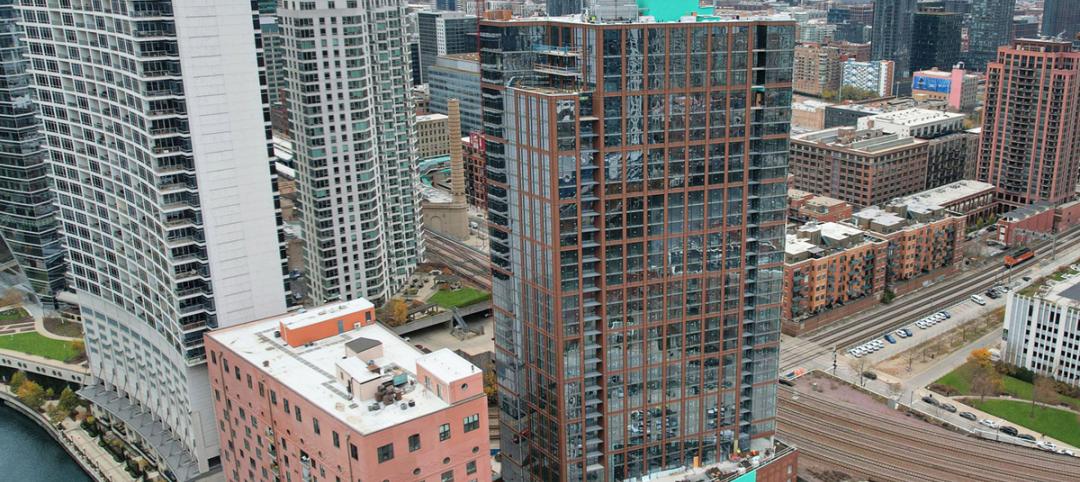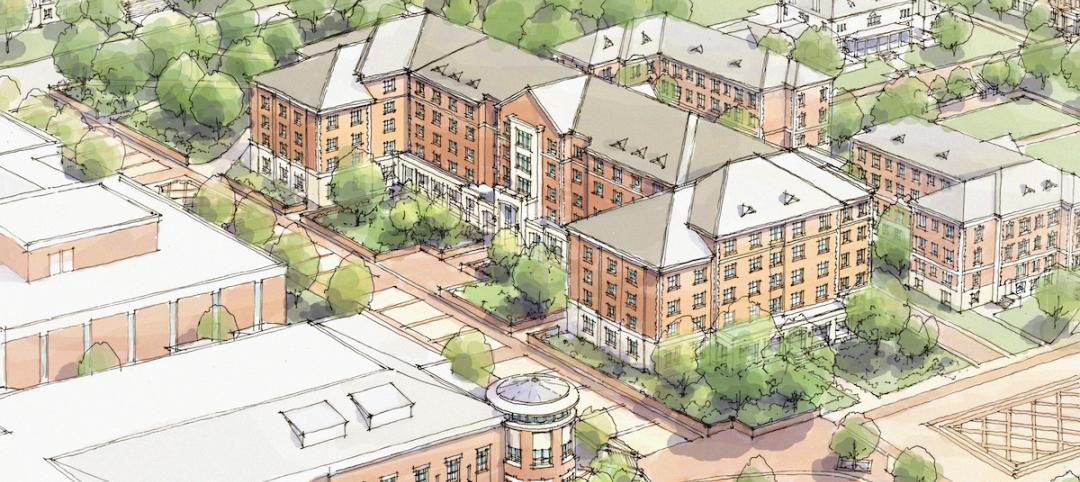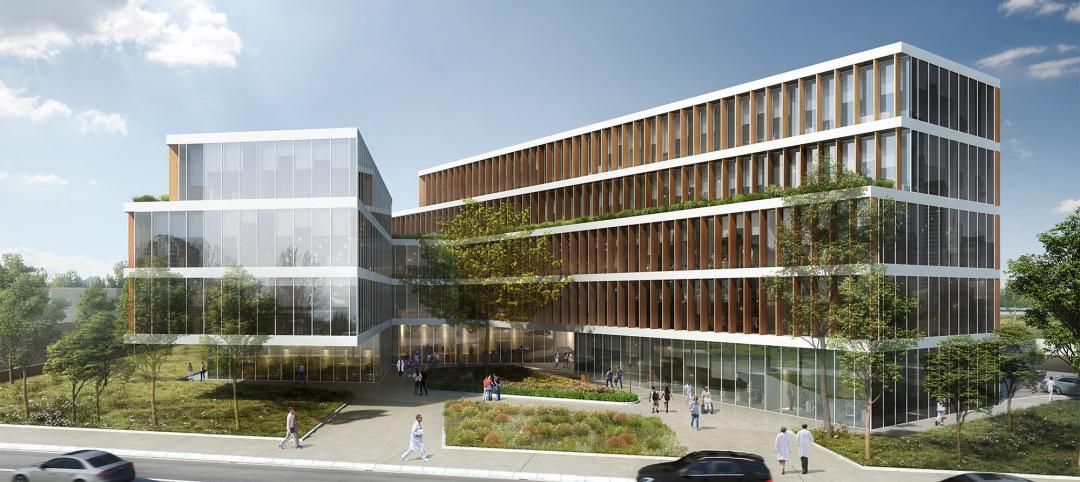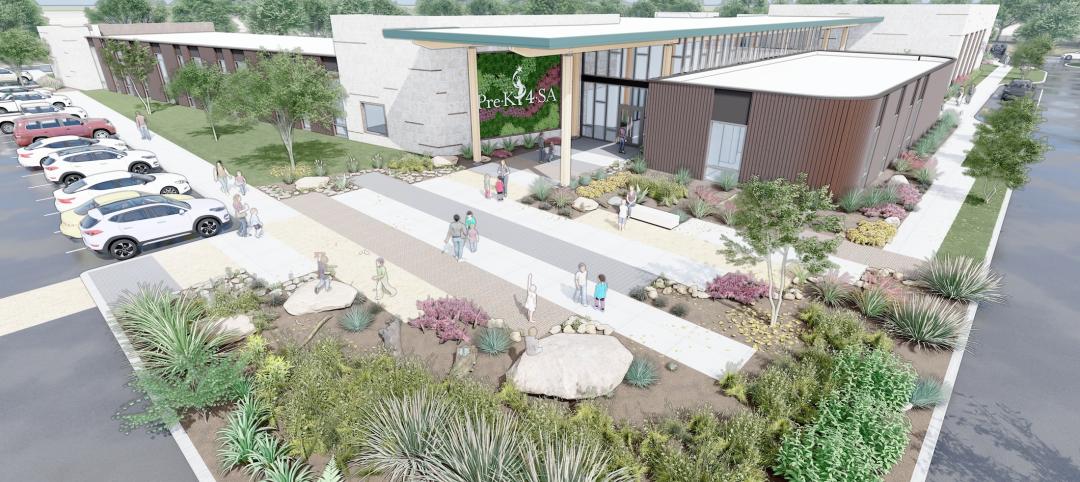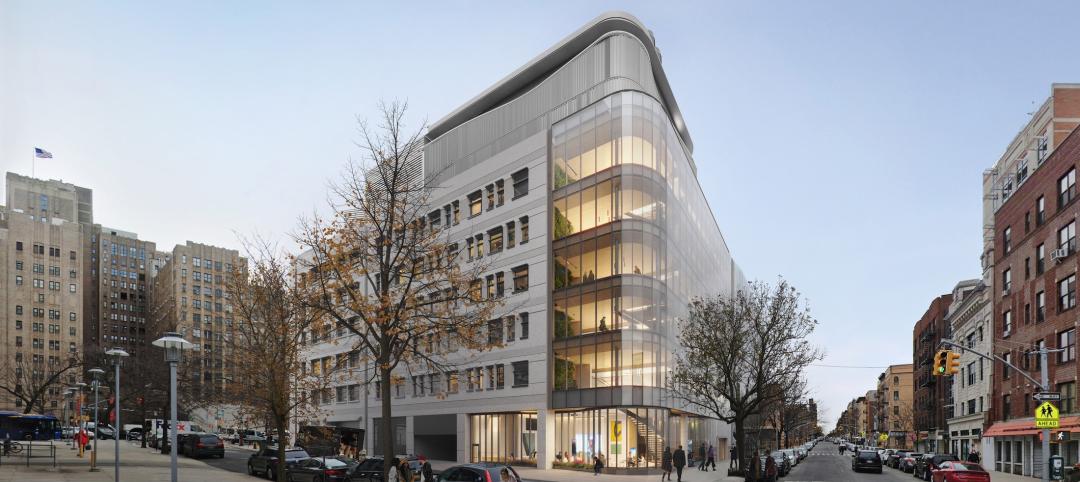The U.S. Green Building Council (USGBC) is pleased to announce New York and San Francisco as the recipients of the World Green Building Council's Government Leadership Awards for Excellence in City Policy for Green Building. Announced today at the United Nations Climate Change Conference in Durban, South Africa, the awards acknowledge international best practice in city-level government policy for green building initiatives and recognize green buildings as an important means to reduce carbon emissions.
Winners were chosen by an expert panel of judges comprised of ICLEI International, UN HABITAT and the WorldGBC.
"Buildings are responsible for approximately one-third of global carbon emissions and 40 percent of global energy usage, so the need for exemplary green building policies in the United States and throughout the world is great," said Rick Fedrizzi, president, CEO and founding chair, USGBC, and chair-elect of the World Green Building Council. "New York and San Francisco are strong models for green building policy. The United States continues to be at the forefront of the green building movement thanks in part to these shining examples of leadership."
San Francisco was honored with the Best Green Building Policy award for the San Francisco Green Building Ordinance, which requires all new commercial, residential and municipal construction to be built to the LEED green building program, and existing buildings to publicly disclose energy labels, undergo periodic energy audits and mandatory water efficiency retrofits at the time of sale. The impacts of building labeling and auditing alone are expected to reduce carbon dioxide emissions by 105,000 tons and have a 10-year net present value of approximately $1 billion. The city has also created financing options to assist the private sector in meeting its efficiency targets.
"San Francisco's innovative and comprehensive green building policies are lasting investments in the environmental and economic future of our great city," said Mayor Ed Lee. "The Green Building Ordinance employs San Francisco's design talent, as well as technological and business innovations, to ensure that we meet the market demands of the 21st century, protect the environment, and support the health and well being of our residents. Thank you to the many City staff, particularly at the Department of Building Inspection, Department of the Environment and the SF Public Utilities Commission, for their commitment to a sustainable city. I also wish to extend my appreciation to the local building industry professionals who design, construct and manage the green buildings for which we are receiving this award."
New York City received the Industry Transformation award for its Greener, Greater Buildings Plan, a component of the broader PLANYC policy that requires large commercial buildings to publicly display annual energy and water benchmarks and undergo cost-effective lighting and efficiency upgrades. The plan is expected to reduce the city's carbon dioxide emissions by 5.3 percent below 2009 levels, reduce citywide energy costs by $700 million annually by 2030 and create roughly 17,800 construction-related jobs over 10 years.
"We are honored to receive the Industry Transformation Award and also recognize the numerous private-public partnerships that made the plan's passage possible," said David Bragdon, director, New York City Mayor's Office of Long-Term Planning and Sustainability. "The Greener, Greater Buildings Plan will transform the industry because it is the first policy of its kind to aggressively target energy efficiency in large, existing buildings. We hope that this plan can be a model for other cities to follow because of the substantial environmental, economical, and social impacts that are possible on a large scale."
Other award recipients include Mexico City, Mexico; Birmingham, UK; Singapore; and Tokyo, Japan.
"Buildings represent unparalleled potential to reduce greenhouse gas emissions, and cities play a critical role in seizing this opportunity," said Jane Henley, CEO of the WorldGBC. "The Government Leadership Award entries demonstrate that all around the globe cities are implementing policies that are meeting immediate budget priorities while still addressing longer term emissions reduction goals. These cities are focusing on energy efficiency in the built environment to deliver a range of benefits, including operational savings, energy security, health and well-being to building occupants, and provide a much needed boost to the economy. We are pleased to recognize a select few for their drive and innovation." BD+C
Related Stories
Codes and Standards | Apr 12, 2024
ICC eliminates building electrification provisions from 2024 update
The International Code Council stripped out provisions from the 2024 update to the International Energy Conservation Code (IECC) that would have included beefed up circuitry for hooking up electric appliances and car chargers.
Urban Planning | Apr 12, 2024
Popular Denver e-bike voucher program aids carbon reduction goals
Denver’s e-bike voucher program that helps citizens pay for e-bikes, a component of the city’s carbon reduction plan, has proven extremely popular with residents. Earlier this year, Denver’s effort to get residents to swap some motor vehicle trips for bike trips ran out of vouchers in less than 10 minutes after the program opened to online applications.
Laboratories | Apr 12, 2024
Life science construction completions will peak this year, then drop off substantially
There will be a record amount of construction completions in the U.S. life science market in 2024, followed by a dramatic drop in 2025, according to CBRE. In 2024, 21.3 million sf of life science space will be completed in the 13 largest U.S. markets. That’s up from 13.9 million sf last year and 5.6 million sf in 2022.
Multifamily Housing | Apr 12, 2024
Habitat starts leasing Cassidy on Canal, a new luxury rental high-rise in Chicago
New 33-story Class A rental tower, designed by SCB, will offer 343 rental units.
Student Housing | Apr 12, 2024
Construction begins on Auburn University’s new first-year residence hall
The new first-year residence hall along Auburn University's Haley Concourse.
K-12 Schools | Apr 11, 2024
Eric Dinges named CEO of PBK
Eric Dinges named CEO of PBK Architects, Houston.
Construction Costs | Apr 11, 2024
Construction materials prices increase 0.4% in March 2024
Construction input prices increased 0.4% in March compared to the previous month, according to an Associated Builders and Contractors analysis of the U.S. Bureau of Labor Statistics’ Producer Price Index data released today. Nonresidential construction input prices also increased 0.4% for the month.
Healthcare Facilities | Apr 11, 2024
The just cause in behavioral health design: Make it right
NAC Architecture shares strategies for approaching behavioral health design collaboratively and thoughtfully, rather than simply applying a set of blanket rules.
K-12 Schools | Apr 10, 2024
A San Antonio school will provide early childhood education to a traditionally under-resourced region
In San Antonio, Pre-K 4 SA, which provides preschool for 3- and 4-year-olds, and HOLT Group, which owns industrial and other companies, recently broke ground on an early childhood education: the South Education Center.
University Buildings | Apr 10, 2024
Columbia University to begin construction on New York City’s first all-electric academic research building
Columbia University will soon begin construction on New York City’s first all-electric academic research building. Designed by Kohn Pedersen Fox (KPF), the 80,700-sf building for the university’s Vagelos College of Physicians and Surgeons will provide eight floors of biomedical research and lab facilities as well as symposium and community engagement spaces.






